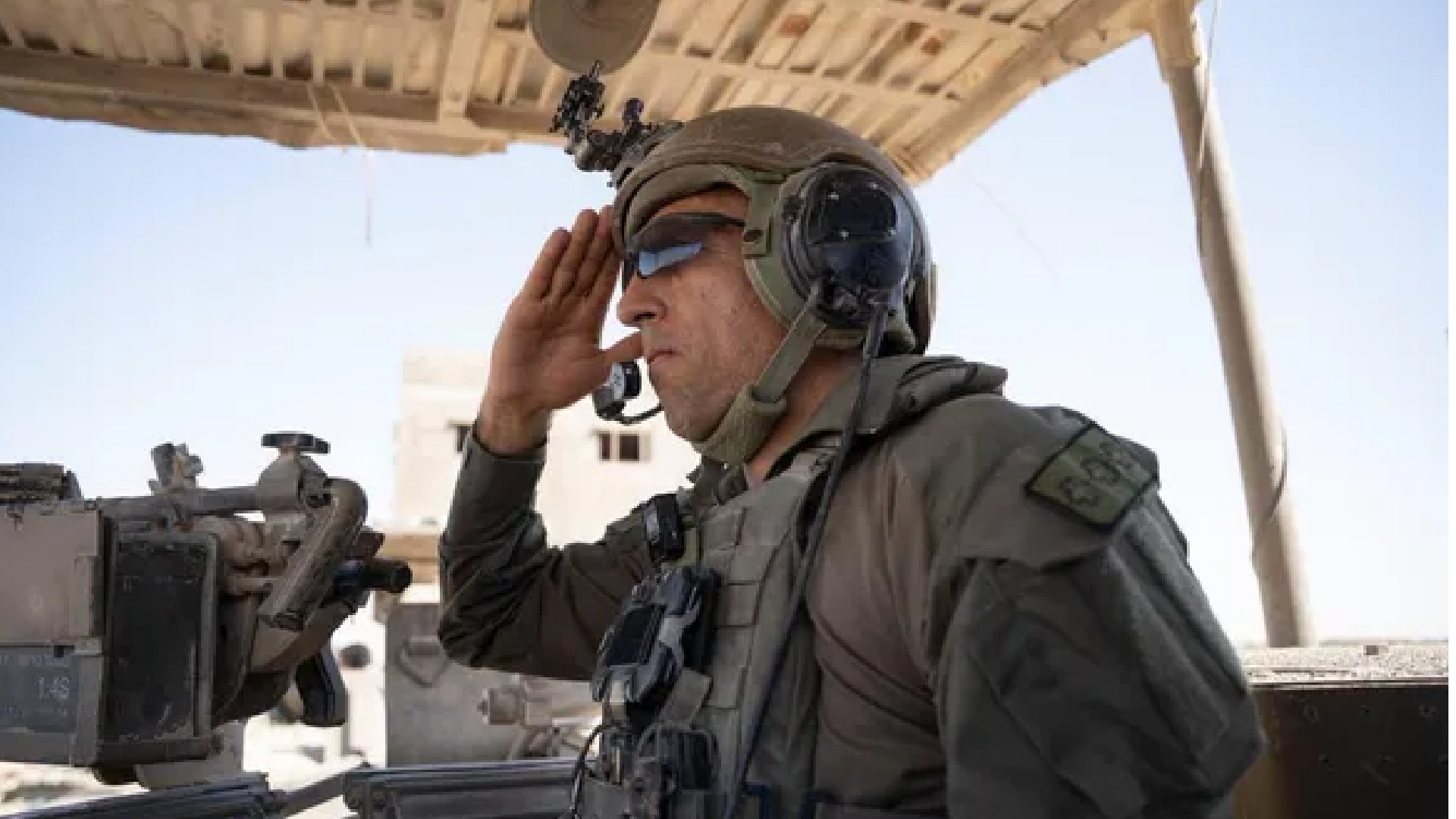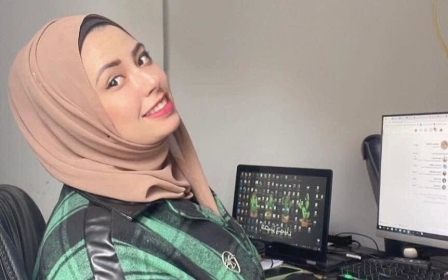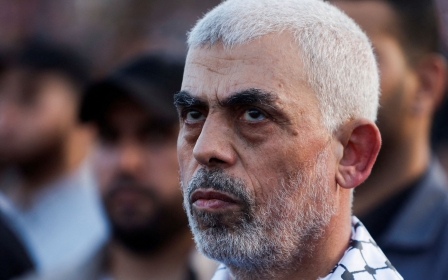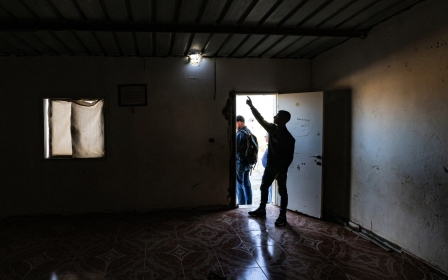Senior Israeli officer killed during fighting in northern Gaza

The commander of Israel's 401st Armoured Brigade was killed during fighting in northern Gaza on Sunday, the Israeli military has announced.
Colonel Ehsan Daqsa, 41, was killed after his tank and another tank were hit by explosive devices during military operations in Jabalia refugee camp.
Another Israeli soldier was seriously wounded during the same incident.
Daqsa has been described in Israeli media as one of the most senior officers to have been killed since the war on Gaza began over a year ago.
He became commander of the 401st brigade in June.
New MEE newsletter: Jerusalem Dispatch
Sign up to get the latest insights and analysis on Israel-Palestine, alongside Turkey Unpacked and other MEE newsletters
The 41-year-old is from Daliyat al-Karmel, a Druze town in Israel's Haifa district. He enlisted in Israel's armoured corps in 2001.
Haaretz reported that he was considered to be a prominent and respected field commander within the Israeli army.
In the 2006 Lebanon War, Daqsa commanded an independent armoured force under the Paratroopers Brigade.
The Israeli military has published the names of over 750 troops killed since the war began in October last year, including more than 350 who were killed during ground operations in Gaza.
At least 43 Israeli troops have been killed in attacks and ground operations on the northern front of the war along the Lebanese border.
Israeli settler group erects tents near Gaza
At least 42,500 Palestinians, mostly women and children, have been killed in Gaza since the war began, with thousands more missing and presumed dead. More than 99,000 others have been wounded during that time.
On Saturday night, over 87 people were killed or are missing under the rubble after a deadly Israeli attack on a residential area in Beit Lahiya, northern Gaza, according to the Palestinian health ministry.
The UN special coordinator for the Middle East peace process, Tor Wennesland, said that "horrifying scenes" are taking place in Gaza's Beit Lahia, adding that "nowhere is safe in Gaza".
"In Beit Lahia last night, dozens were reportedly killed in Israeli air strikes," he said.
"This war must end. The hostages held by Hamas must be freed, the displacement of Palestinians must cease and civilians must be protected wherever they are."
'The return to settlement in Gaza is no longer an idea, but a move that is currently in an advanced stage with the support of the government and the public'
- Nachala Settlement Movement
The attack came as Israel's siege on Jabalia entered its third week, with no food or clean water arriving in the camp during that time.
Mohammed al-Hajjar, Middle East Eye's correspondent in Gaza, reported that Israel's military had targeted "any place where movement is detected" in Jabalia.
He added that many people were trapped inside their homes, suffering from hunger and thirst.
Meanwhile, Israeli settlers held a conference near the border with Gaza, with the Israeli army allowing them to set up tents for the Jewish festival of Sukkot.
Haaretz reported that the "Preparing to resettle Gaza" conference, organised by the Nachala Settlement Movement, which establishes illegal Israeli settlements in the occupied West Bank, set up 50 sukkah tents and were set to sleep in them on Sunday night.
The tents were erected in a closed military area near Kibbutz Be'eri.
Nachala said last week that the conference was "planned not only as a theoretical conference, but as a practical exercise and practical preparation for resettlement in Gaza".
"The return to settlement in Gaza is no longer an idea, but a move that is currently in an advanced stage with the support of the government and the public," it added.
Middle East Eye delivers independent and unrivalled coverage and analysis of the Middle East, North Africa and beyond. To learn more about republishing this content and the associated fees, please fill out this form. More about MEE can be found here.




